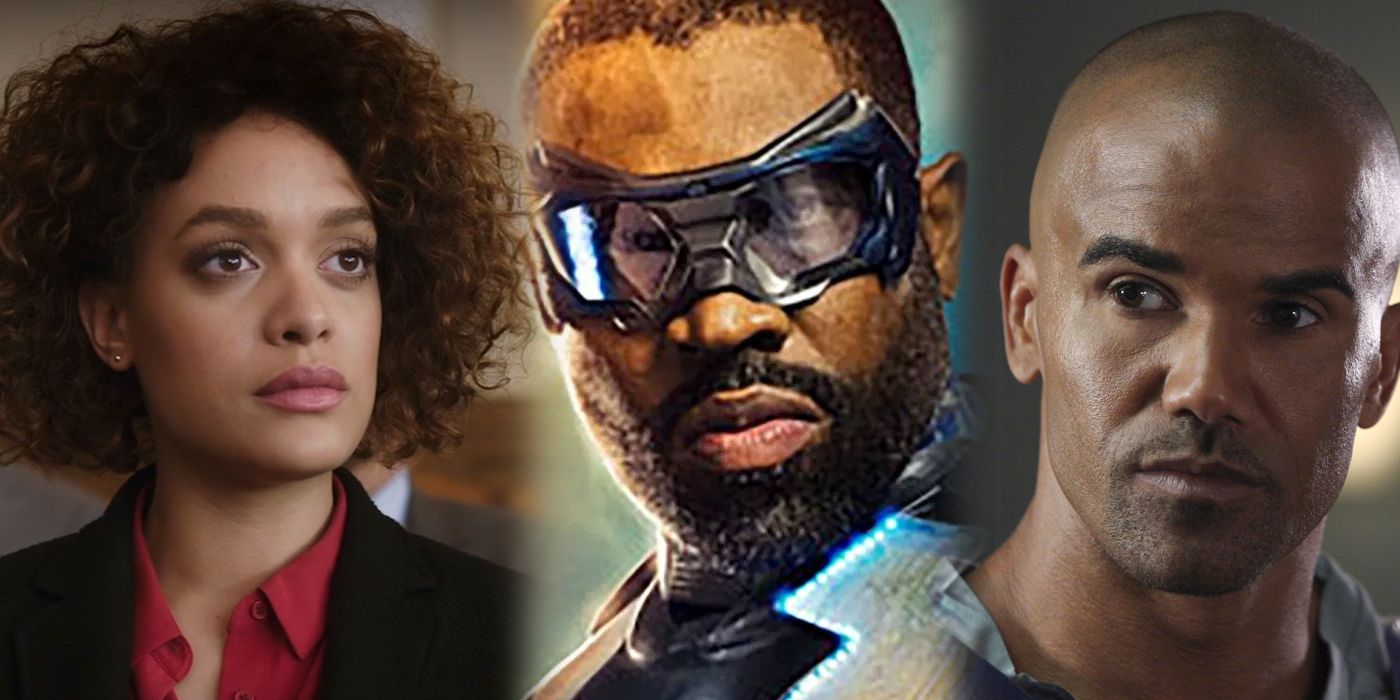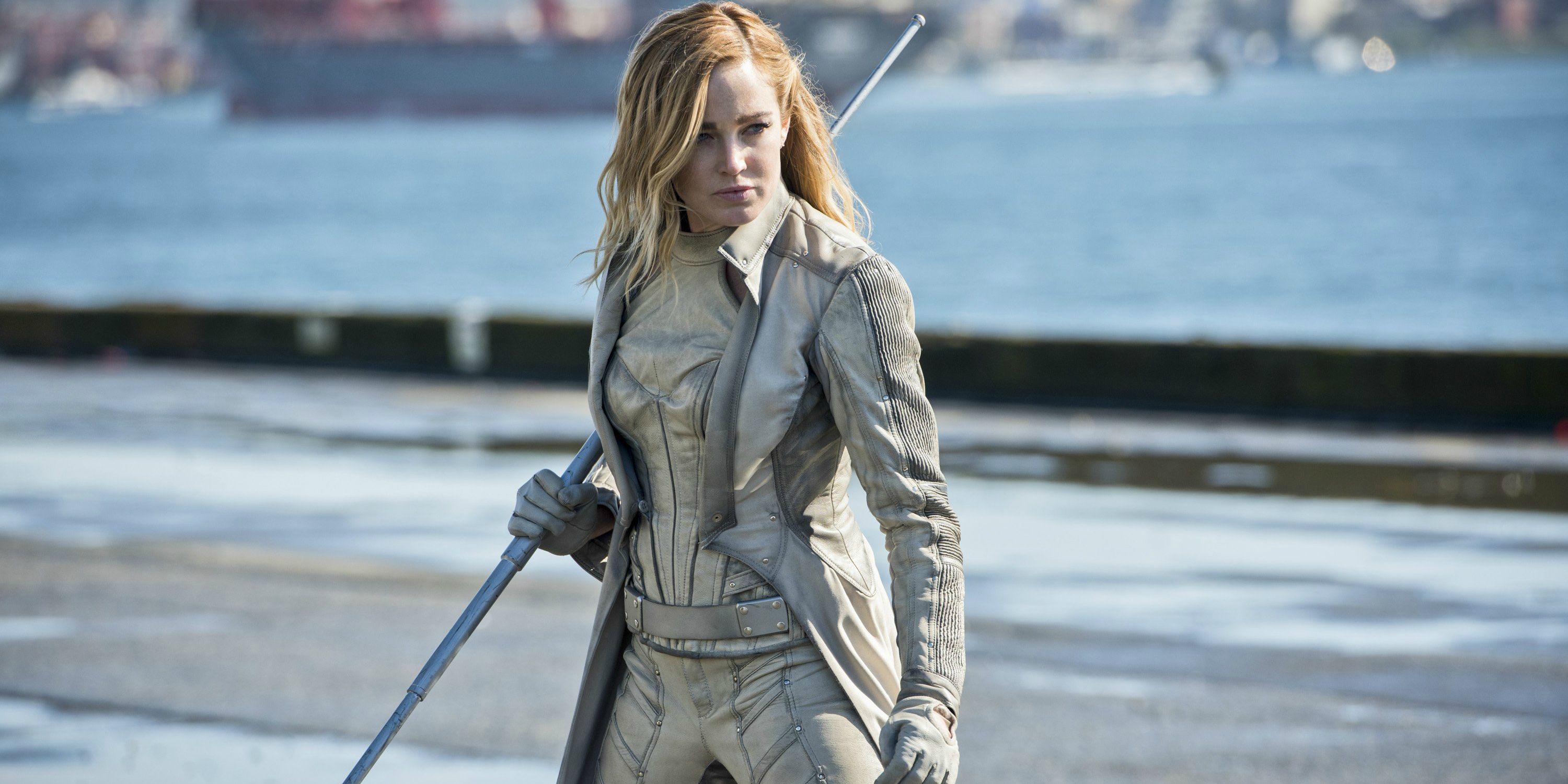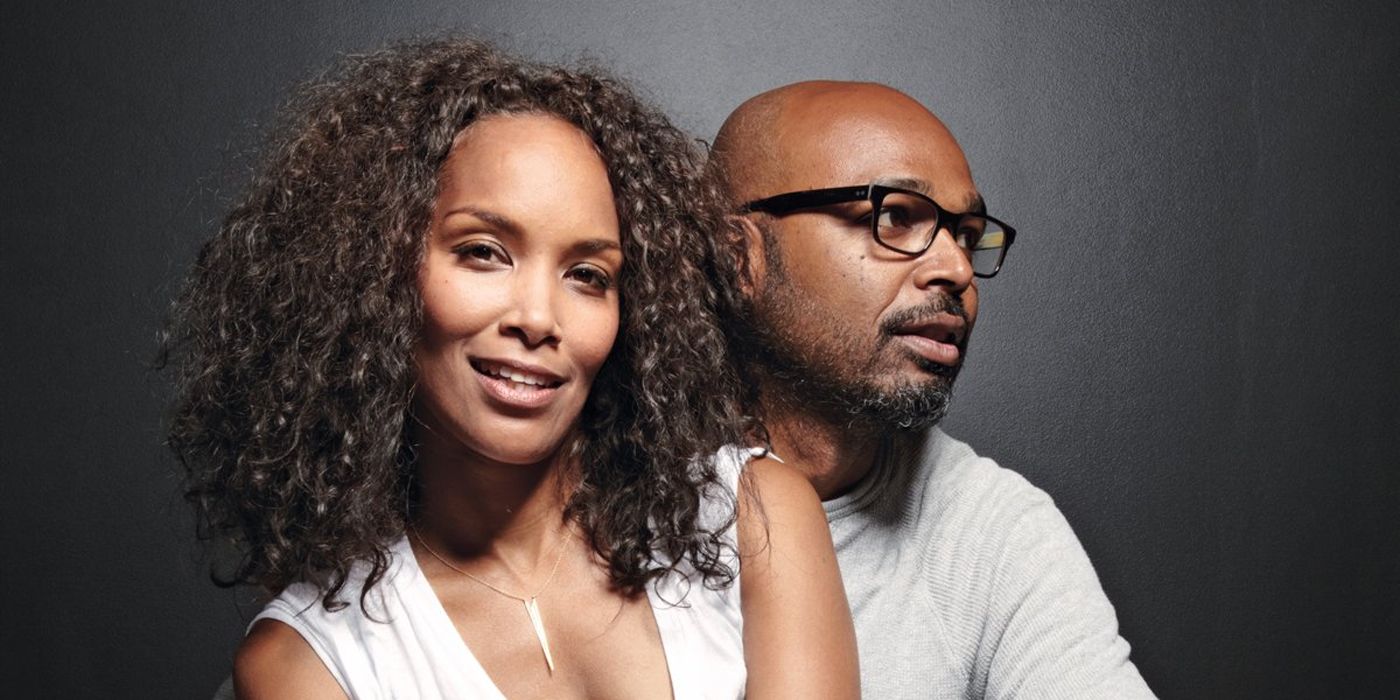On-screen media, since its inception in the late 19th century, has befuddled scholars and fans alike for. Viewers of all kinds have long argued about what makes a movie or TV show "good" or "bad," whether criticism should focus on artistic integrity or include behind-the-scenes truths, and who, exactly, gets to define the media zeitgeist. At the heart of all of these questions, particularly today, is the polemic concept of media representation.
Representation is a complicated concept to which there are many parts. The face of the representation itself, our media's characters, act as fictionalized embodiments of humanity. Real-life people (creators, showrunners, producers, writers, actors) play behind-the-scenes parts in exacting that representation, and therefore their personal statuses can affect the diversity of the media they produce. Black creators, for example, are more personally invested in seeing more and better representations of black characters, as evidenced by films like the upcoming Black Panther. Though a hot and often confounding topic, media representation is a multifaceted issue with potentially high stakes.
That's why it can be disheartening -- and often boring -- to see media representation and behind-the-scenes diversity plateau as networks and studios churn out the same characters by the same creators year after year. Despite the popularity of media representation as a topic, as evidenced by phenomena like The Lexa Pledge and #OscarsSoWhite, few execs are putting their money where their mouth is. As pilot season 2017-2018 develops, it looks like network TV, in particular, is doing little to shake things up. According to recent reports, the upcoming pilot season is dominated by shows in which women and people of color get short shrift both in front of and behind the camera.
In a recent report, Variety broke down the numbers for each upcoming pilot ordered by the Big Five broadcasters for 2017-2018. The upcoming season, which includes 39 new series, will introduce 46 new lead and co-lead roles for actors, and features work by 42 different showrunners and co-showrunners. However, between ABC, CBS, NBC, Fox, and The CW, just 20% of those lead actors are Hispanic or non-white, and 35% are female. Unsurprisingly, 10% of the pilots' showrunners are Hispanic or non-white, and 29% are female. The CW beat out every network in each category. They had the highest number of female showrunners (67%) and female leads (67%), followed by NBC (20% female showrunners, 55% female leads), ABC (33% female showrunners, 27% female leads), Fox (20% female showrunners, 30% female leads), and the abysmal CBS (11% female showrunners, zero female leads). The CW will also host the most racially diverse pilot season of the networks, with 33% Hispanic/non-white showrunners and 33% Hispanic/non-white characters. NBC has 10% Hispanic/nonwhite showrunners and 18% Hispanic/non-white leads in their pilots, CBS's shows feature 11% Hispanic/non-white showrunners and 13% Hispanic/nonwhite leads, Fox sports 30% Hispanic/nonwhite pilot leads, and ABC's pilots bring up the rear with 9% Hispanic/nonwhite leads. Neither Fox nor ABC have a Hispanic/non-white showrunner behind any of their pilots to date.
An earlier article from Deadline spotlighted the lack of female directors in pilot season 2017-2018. Of the 41 drama pilots ordered by the Big Five at the time, just one, Las Reinas, was directed by a woman, Liz Friedlander. This marks the second consecutive pilot season without any female directors of color, and the first pilot season in years that did not offer a new female director her first TV credit. Historically, female showrunners have been more likely to give jobs to female directors, as with Ava DuVernay's Queen Sugar. There are some exceptions, though: Ryan Murphy announced a plan to bring on 50% female directors for all of his shows, and Bruce Miller's The Handmaid's Tale sports 80% female directors. Given that at least The CW sports a majority of female showrunners for the upcoming pilot season, it's disheartening to see female directors left in the dust.
One of The CW's most highly-anticipated pilots is the upcoming Black Lightning, co-led by Mara Brock Akil and Salim Akil. The Akils definitely give The CW a boost of female and non-white showrunnership, though the network is already notably diverse, featuring multiple preexisting female leads/showrunners and racially diverse casts and crews. The CW has also been lauded for its representation of LGBT people on shows like Supergirl and Crazy Ex-Girlfriend. While far from perfect, the network is at least seriously outdoing its competitors in pilot season diversity. Though the Variety report points out that, for instance, ABC's numbers are likely low because of its antecedent diversity, that seems like a flimsy excuse given The CW's similar circumstances.
This is, admittedly, a snapshot of the upcoming pilot season, and these stats are subject to change. Ratings magnet Shonda Rhimes will likely bring more diversity to ABC with her Grey's Anatomy pilot, and all five networks could pick up new pilots (thus, showrunners and lead roles) before the season begins. Still, these numbers are far from inspiring, especially at this stage. Most pilots are likely in post-production, set to air later this fall or next spring.
"Representation" has become a modern buzzword, used to generally refer to the depictions of human diversity we see on our screens. Media representation is often painted as polarizingly "good" or "bad," without much nuanced analysis in between -- especially when it comes to the concept of representational worth itself. This leads to both the over- and underestimation of certain shows and movies.
This spring's Beauty and the Beast and Power Rangers, for instance, both drew heaps of positive media attention for "gay representation" that barely even left the closet door ajar. The Bechdel Test, a litmus of female representation that measures the number of female speaking roles in a film, has been dismally misapplied time and time again to grant positive results to films whose speaking women are little more than hollow caricatures -- both Fifty Shades of Grey and Fifty Shades Darker pass, if that gives you any idea -- mistaking quantity for quality.
That's not to say that numbers don't play an important part in representational analysis, though, since often the first issue that diverse media representation seeks to fix is that of lack. People who long to see characters like themselves on screen often settle for little more than the thrill of recognition, even if the character in question ends up being a villain, vixen, or victim (lesbian fans have the regular pleasure of experiencing all three). Quantity necessarily outranks quality, here: more diverse characters can mean more opportunities for qualitatively good representation.
So, these stats don't necessarily tell us anything about the kind of representation that pilot season 2017-2018 will offer -- we just know which networks are not investing in certain types of representation at all. It's pretty insane, for instance, that CBS will offer a slew of new shows completely devoid of female leads, given that women make up half the population. It's similarly dubious of Fox to bring on zero Hispanic or non-white showrunners, given that corresponding characters lead up nearly a third of the network's pilots. If recent conversations about media have taught us anything, it's that fans are ravenous for broader representation, so networks should get on board out of, if nothing else, good financial prudence. Simply put, if networks want more viewers, they should give us more interesting things to watch. After all, it's been working for Netflix and Amazon.



